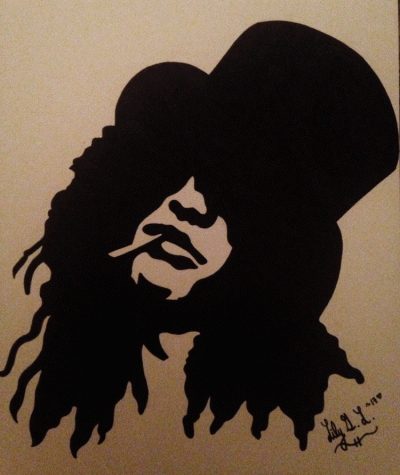
Guns’n Roses guitarist Slash is one of the most recognizable icons for rock music—or music that is actually “real.”
A music artist’s techno babble should be a creative output of their true feelings. However, within the last decade, the music that tops the charts has been dramatically less authentic than those of generations before.
When pondering on the topic of authenticity in the terms of the music output of today, it becomes questionable whether music is even authentic anymore.
According to Chart Attack, older music is outselling newer music for the first time in history. And that in itself is a huge statement on where current music lies.
Does this mean people are catching on to how music’s influence has turned rotten?
Some songs (such as those from Adele or Alicia Keys, just to pinpoint my claims) from the last ten years or so are exceptions to this generalization. There has been music released within the last decade that has contained amazing songwriting and deep meaning. I cannot deny that.
Despite that, in my mind, I mainly hear lyrics like those of Nicki Minaj’s “Anaconda”—ones that don’t do it for me. “My anaconda don’t want none unless you got buns hun.” Or, for another mention of a frivolous song, “Milkshake” by Kelis: “My milkshake brings all the boys to the yard”.
Most tunes I have discovered, like these, are more overrated earworms than anything. And whilst these earworms were present in the past, now they are infested in the top charts. They are there to simply make money, and it all just feels incredibly insulting to what music is supposed to be at a whole.
Instead, maybe the music industry could put more emphasis on genuine songwriting. But, until then, your playlist may mainly consist of the classics.
Connecting with people outside of the recording studio was the main objective of songwriting in the past. The truth to that statement is obvious. Just by looking into the stories behind the lyrics, the ones made before the current decade are more heartfelt in comparison to the derogatory connotations made today.
For example, Paul McCartney, one member of The Beatles, wrote the song “Hey Jude,” for John Lennon’s son, Julian, who was struggling with the divorce of his parents. Originally dubbed ‘Hey Jules,” the song became one of the Beatles’ greatest hits. This song allows listeners in the world who were struggling with the same sadness to feel like they weren’t alone… just by listening to a song.
That’s what makes old music so appealing, it is honest and raw: just like art is supposed to be.
Music is supposed to be form of art. Music was born as a way of self-expression, the way for a songwriter to unearth their roots and see what is buried there. Nowadays, I feel like artists are only tainting what music is supposed to be, using it for self-gain and recognition. With artists abusing music for self-glory, the albums and singles on today’s charts seem fake and dishonest.
“What I’ve discovered is that in art, as in music, there’s a lot of truth—and then there’s a lie,” Lady Gaga had said in an interview conducted by New York magazine. “The artist is essentially creating his work to make this lie a truth, but he slides it in amongst all the others.”
Gaga should know best, as she has been in the spotlight recently. Gaga performed the halftime-show at the last Super Bowl and collaborated with hard-rock band Metallica at the 2017 Grammy’s. Even she recognizes the falseness that artists are putting into their songs and overall images. Gaga herself agrees that music is fake to an extent- and music is what her whole life revolves around. If someone in the center of attention, like Lady Gaga, is seeing that music made nowadays is false, then how can that be wrong?
The majority of songs feel empty, and are made for merely making the musician appear cool. Long-buried or fresh emotions often don’t surface from listening to the radio anymore, because they no longer appeal to our humanity. Songwriters are putting on masks to present their fans with. It’s not authentic, it is just plain pathetic.
One way this is done is by demeaning others. The vulgarity of our generation has come to the forefront, and it has become the norm to bash groups of people in songs. Or, the most targeted of all: women.
Women are sexualized and turned into objects. Loving and respecting those around you is now seen as uncool, for the most part, in the music industry.
For example, Robin Thicke’s “Blurred Lines,” released in 2013 remained in the number 1 spot on Billboard Top 100 for twelve consecutive weeks. 14.8 million copies were sold within the year the song was released. Within that period of time, I remember hearing that song on the radio until I felt like ripping every individual hair out of my scalp. “I hate these blurred lines! / I know you want it / I know you want it / I know you want it.”
While catchy, the song had come under fire for the lyrics that seem to enforce sexually assaulting or harassing women. “Just let me liberate you / You don’t need no papers.” It is an obvious attack on women, making them feel like they are less than human. It is blatant that music has become centralized around superficiality and fighting to be the most recognized, as having women be all over you is seen as desirable and needed.
There are also other ways that current songs gain attention. Most current music enforces drinking, smoking, and drugs, the things that become the downfall of most who tangle with them. Music should lift people up from their darkest places, or, in the least, speak to them while they struggle.
“I am sittin’ on the clouds / I got smoke comin’ from my seat / Get high, so high, that I… feel… like… lying / Down in a cigar, roll me up and smoke me”. This song, “I Feel like Dying” by Lil’Wayne only proves my point. Songs are only persuading people to fall deeper and deeper into substance abuse and addiction. If a famous rapper can talk about drugs in a song, it seems rational for people to take them. Don’t listeners want to feel cool too?
Profanity was never a major problem in music in the past. While it was present, for the vast majority of songs, censoring words was unnecessary. Songs now require to be cleaned up so much that there is virtually whole phrases eliminated from music.
While I understand that swears express strong emotion and can be used strategically in songwriting, having multiple swears every stanza becomes repetitive. Moreover, it influences listeners to use swears in everyday conversation, making them seem ignorant.
The Slate.com describes the issue of swearing in our society. “Swearing is universal, and the reasons—or excuses—for it are as diverse. Nevertheless, until comparatively recently, broadcasting so-called dirty words over the air and dropping the “F-bomb” in polite, public conversation were apt to shock people, but that has all been dramatically changing right before our eyes—and ears.”
Profanity in songs is excused in our music, as it is merely an attempt to attract attention, whether negative or otherwise. However, is swearing acceptable anymore when it has grown to the point whereas it is tainting our everyday vocabulary?
Not only that, but the Digital Age has seeped into the music we listen to, rendering songs with electronic sounds found nowhere else. Most music out there no longer resembles the instruments that can be played with physical hands. Songs produced these days almost always contain the same premise of tone, making music practically identical.
The Tornado Times commented on music’s almost indistinguishable fundamental sounds. “The timbre and the tone quality of songs has decreased, producing music that all manages to sound the same. Artists have now lost a desire for complex and imaginative sounds. They seem incapable of taking risks with their music, or pushing new boundaries to create a sound that no artist has ever dared to make before.”
Creativity has been staggered, and what was previously art has turned into recycled junk. The music industry seems to only be fixated on generating earworms for money.
Not only is it primarily the music itself, but voices are auto tuned with software to impossible heights, making the vocals of some artists unoriginal and phoney.
Even though electronic sounds are pleasing through headphones, it becomes a question if physical instruments and talent are no longer needed to make it to the top. Are the standards lower than they used to be?
“You can’t fake this music,” World-renown singer Etta James once said. “It’s all in how you connect to the songs and to the history behind them.”
And yet, things have taken a turn for the worse, and music is displaying everything that our society as a whole is ashamed of. Music now shows little meaning, other than how intelligent songwriting is going downhill fast.
No wonder people are searching for the old hits, they actually portrayed something meaningful!
“Smoke on the Water,” a classic rock hit written by Deep Purple came to be after the band was at a concert in Switzerland. An audience member shot a Roman candle into the ceiling during the show, causing the building to go up in flames. The members of Deep Purple sat in a hotel room not far from the burning building, whilst firefighters grappled with extinguishing the flames. They noticed that the nearby Lake Geneva was clouded with smoke. And so, arguably their greatest hit came from a disastrous, personal account.
Now, in comparison, current songs’ messages seem unbelievably shallow and damaging.
“Music does not lie. If there is something to be changed in this world, then it can only happen through music.” Guitarist Jimi Hendrix once claimed. By Jimi Hendrix’s standards, then, we are moving nowhere but backwards.
The reason older music means so much more is because albums were simply diaries and internal monologues transferred onto sheet music, with the objective to make a connection; unlike most songs today.
While you have your down-to-earth Ed Sheeran, the personable intensity of Eminem, and the theatrical Bruno Mars—to name a few exceptional current artists, those like them have become diamonds in the rough.
For now, maybe it is necessary to hold onto the good of the bad. And, keep the classics profound in your library.



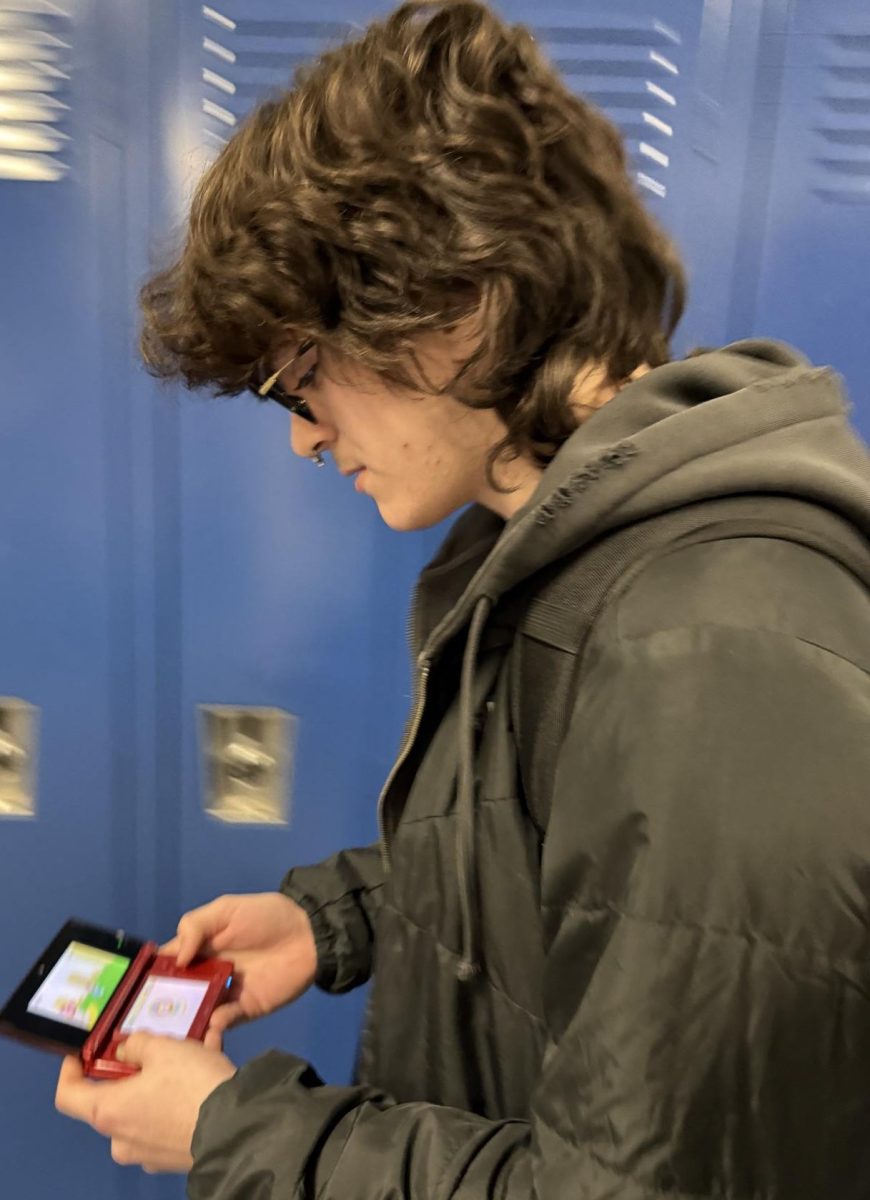
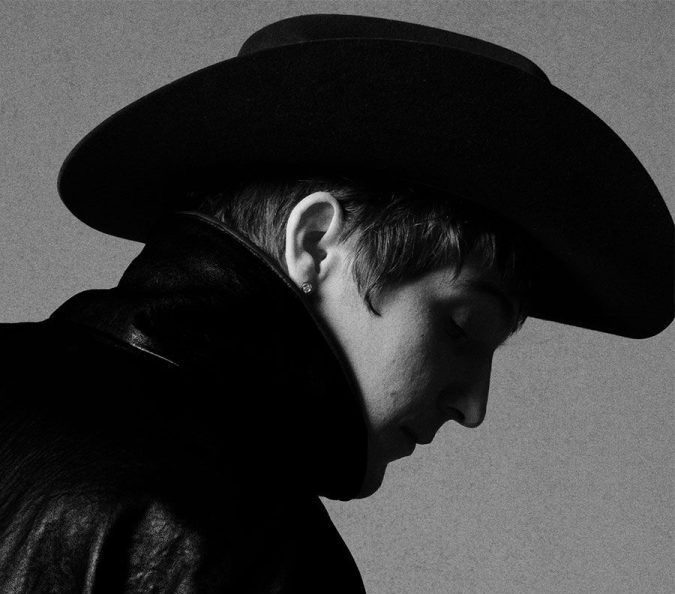
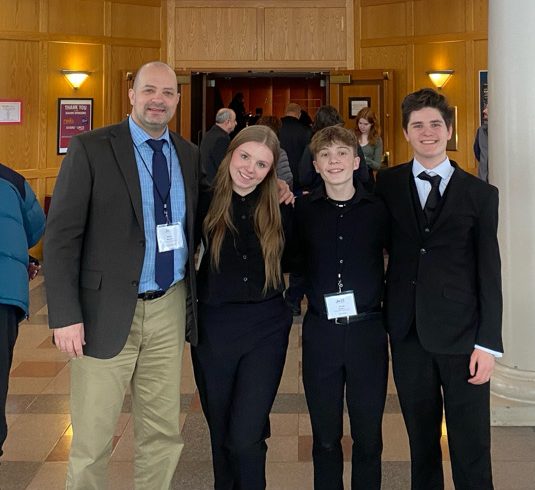

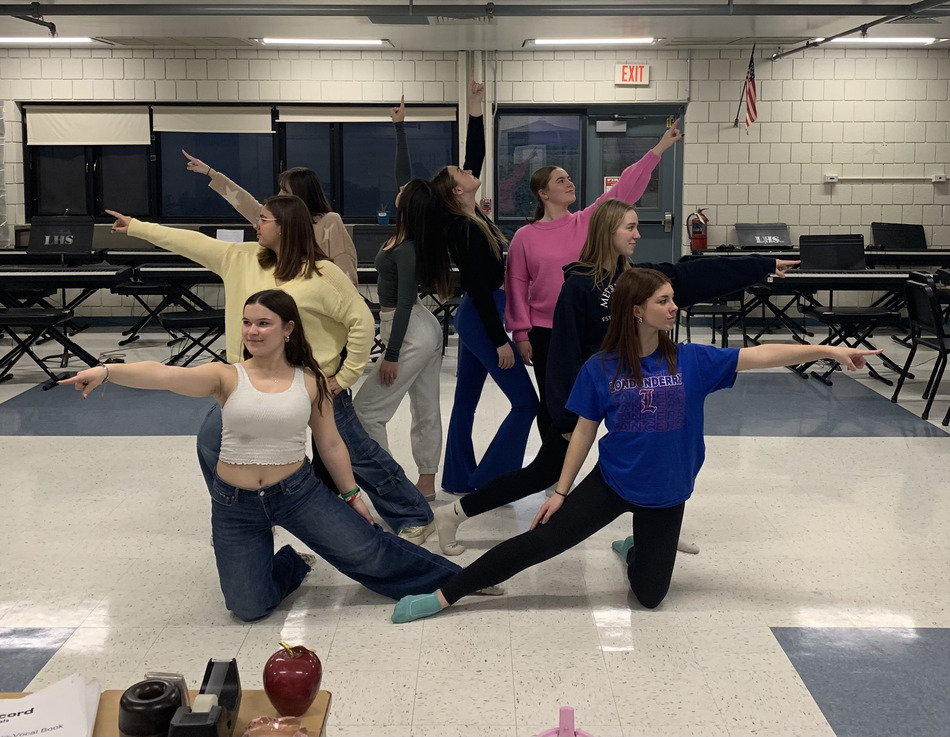
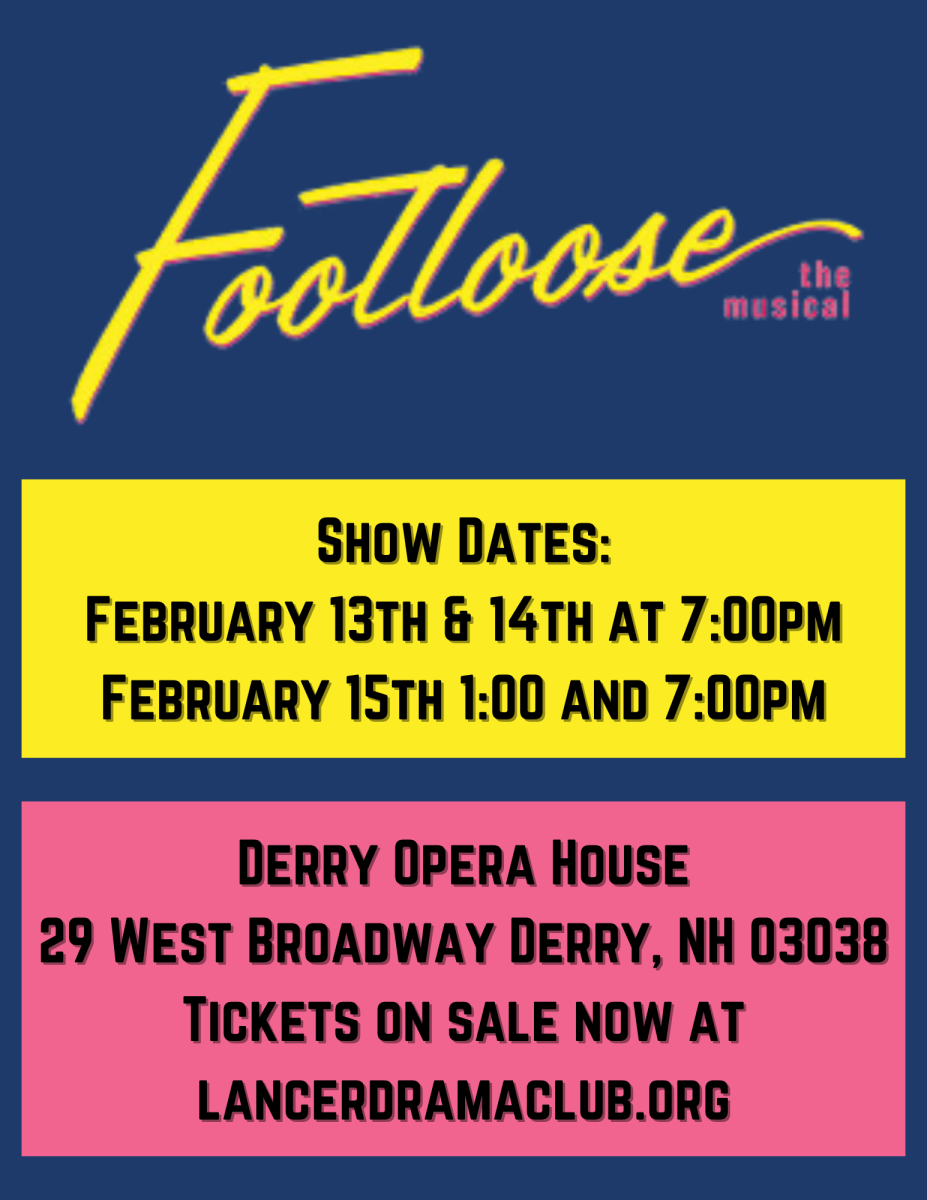

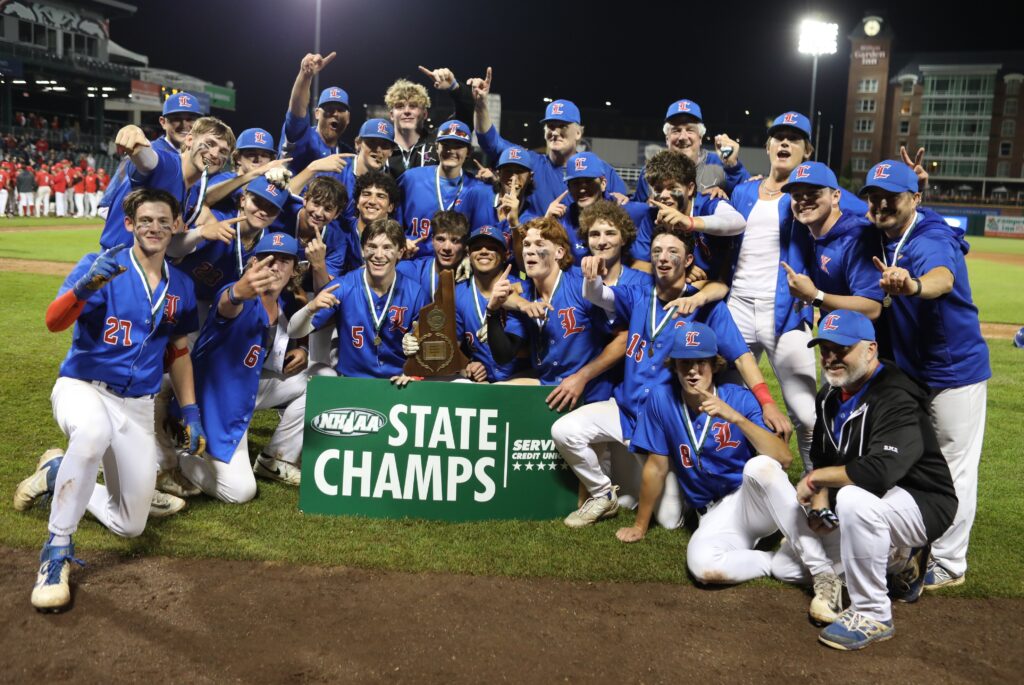


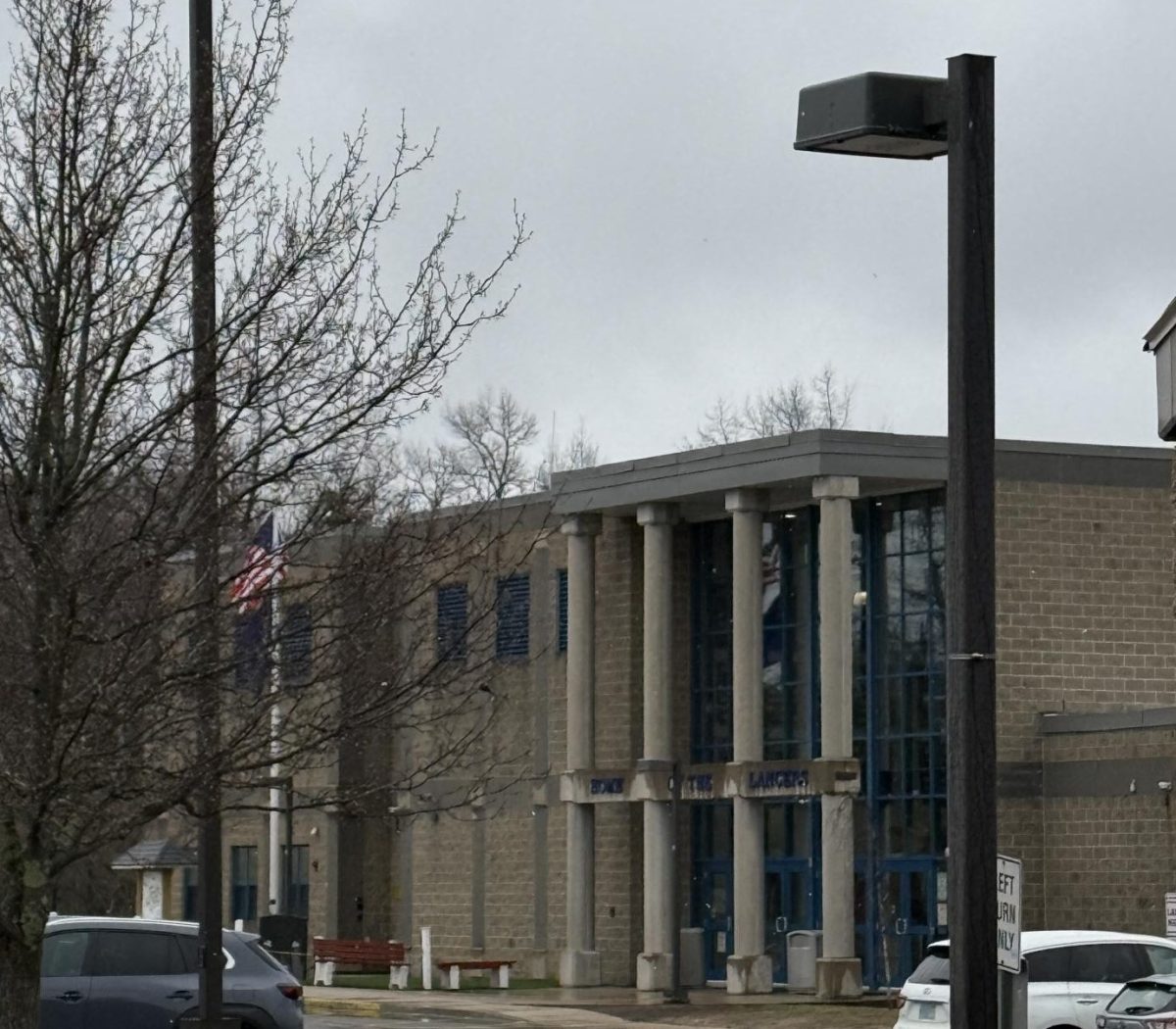
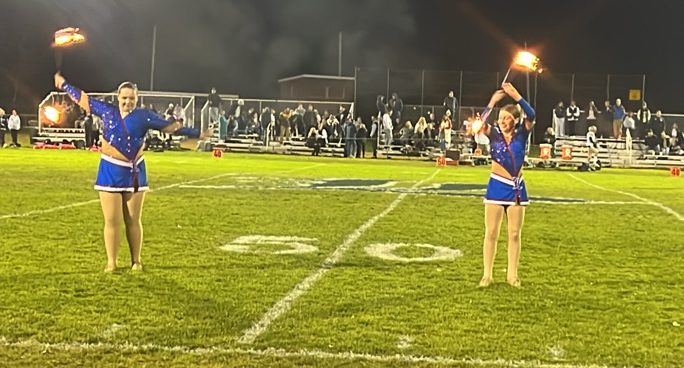
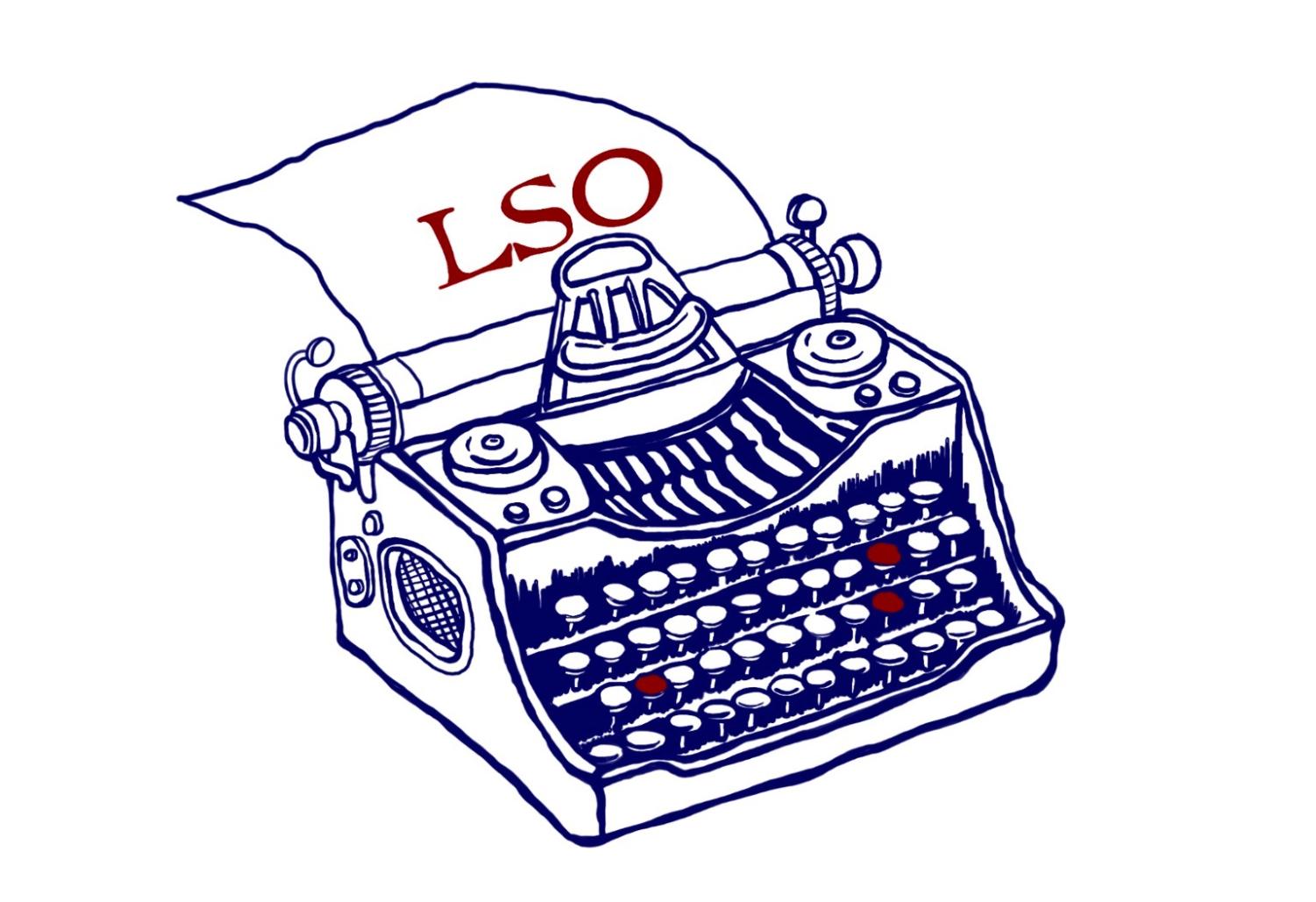
lily
Sep 9, 2020 at 8:53 pm
WAP by Cardi B and Megan The Stallion
lily
Sep 9, 2020 at 8:44 pm
I think you should try listen to WAP and try the dance
Sean Daley
May 29, 2017 at 7:32 pm
Lily, I respectfully disagree. Yes, music has changed since the twentieth century, but to say it’s changed for the worse is ignorant and pretentious.
Read here: https://pastebin.com/6nh1K0xU (My comment was too long for the sever to handle)
Hannah Kennedy
May 25, 2017 at 3:52 pm
Lily, what an incredible piece of work. I agree that “albums were simply diaries and internal monologs transferred onto sheet music”. This really speaks to me as a fan of the Beatles and the Rolling Stones. You know when you hear their songs that they pour their soul into it, which really allows them to connect with their audience. While I can relate to the occasional pop song, I appreciate that the work of the Beatles and other older artists are relatable in a creative way that makes you think. Well done Lily!
Gordon Cole
May 23, 2017 at 10:34 pm
All my fellow millennials I see at the skate park try to tell me Merzbow and Burzum are the only real musicians and I clutch my portable CD player to my chest, turn up the volume on my favorite CD (Queen’s Greatest Hits), and zip away on my Heelies, my head held high with the knowledge that I know more about great music than the rest of my generation. Thank you for bringing this crucial issue to light.
Doug Dimmadome
May 23, 2017 at 7:28 pm
Smoke on the water is just o k
Abi
May 23, 2017 at 4:23 pm
Lily, I am one of the biggest fans of your writing. Your word choice is amazing and it perfectly describes the issue at hand. I am so proud this got published, along with your artwork. I completely agree with you and I know more great things are to come in the A&E section in the future.